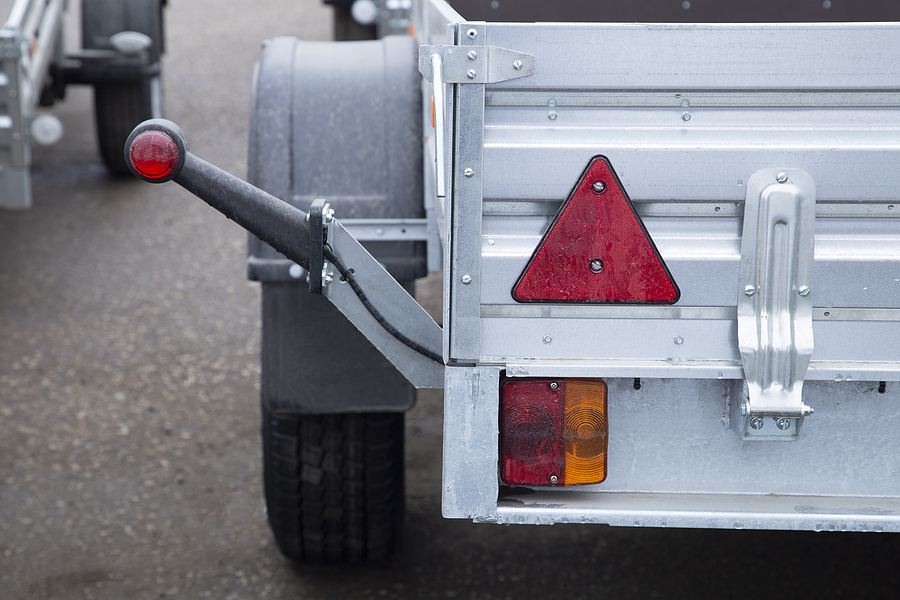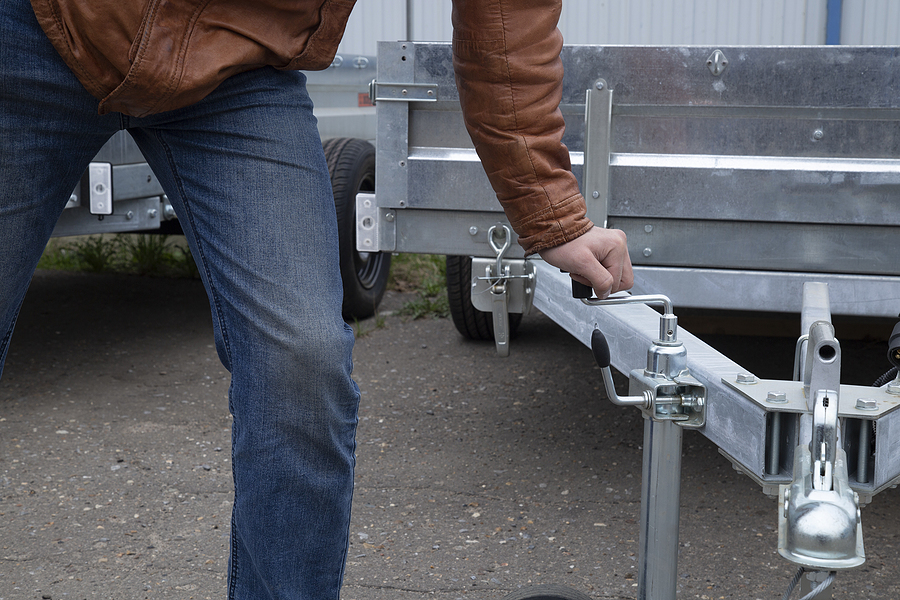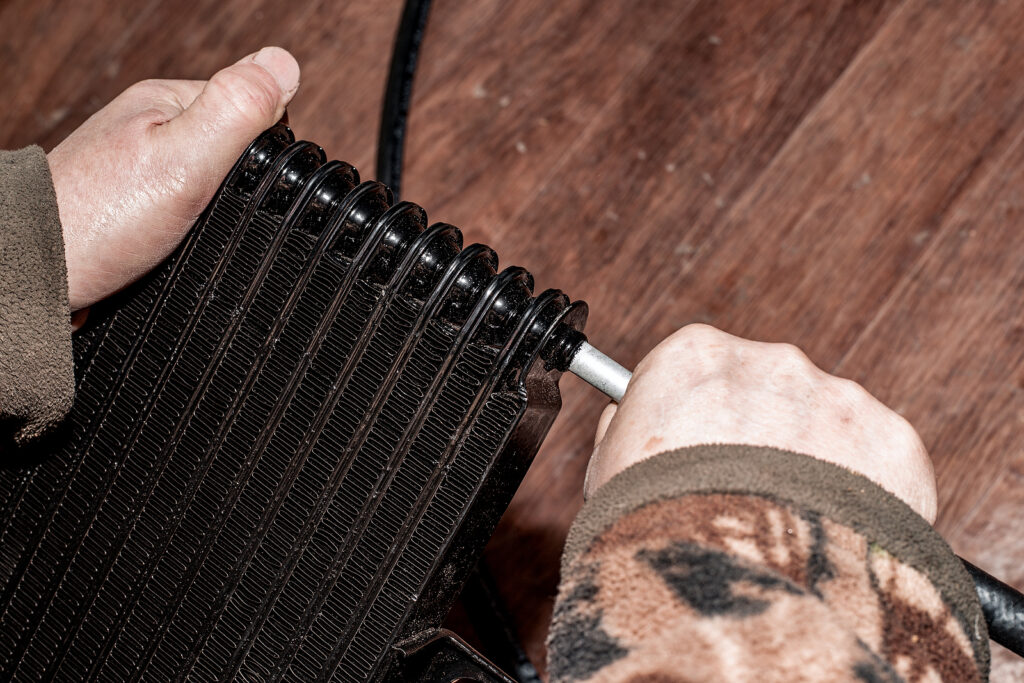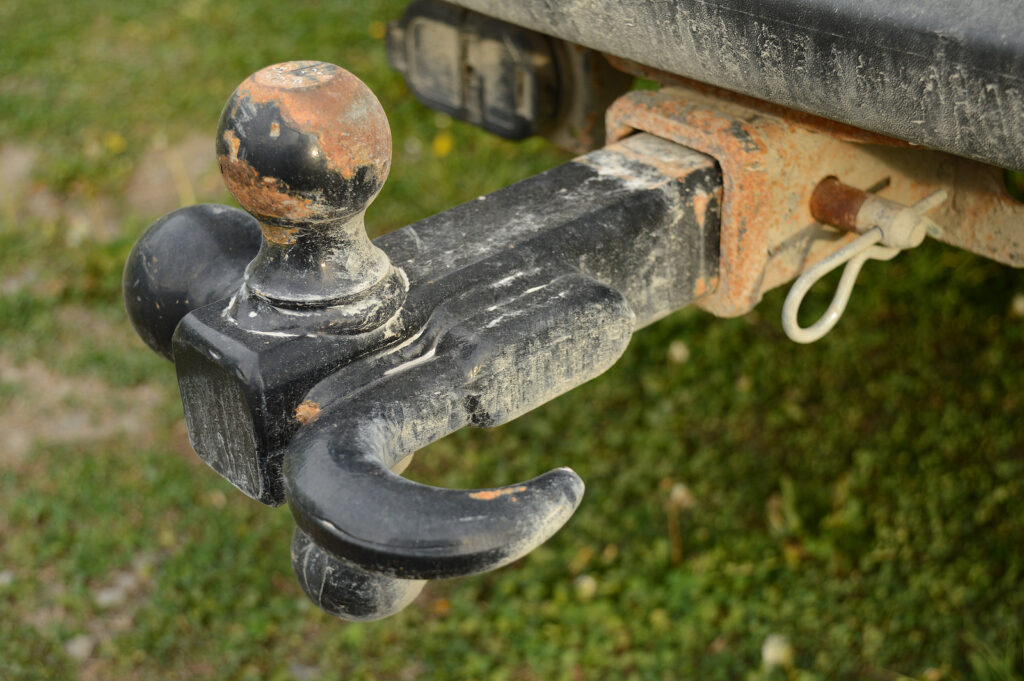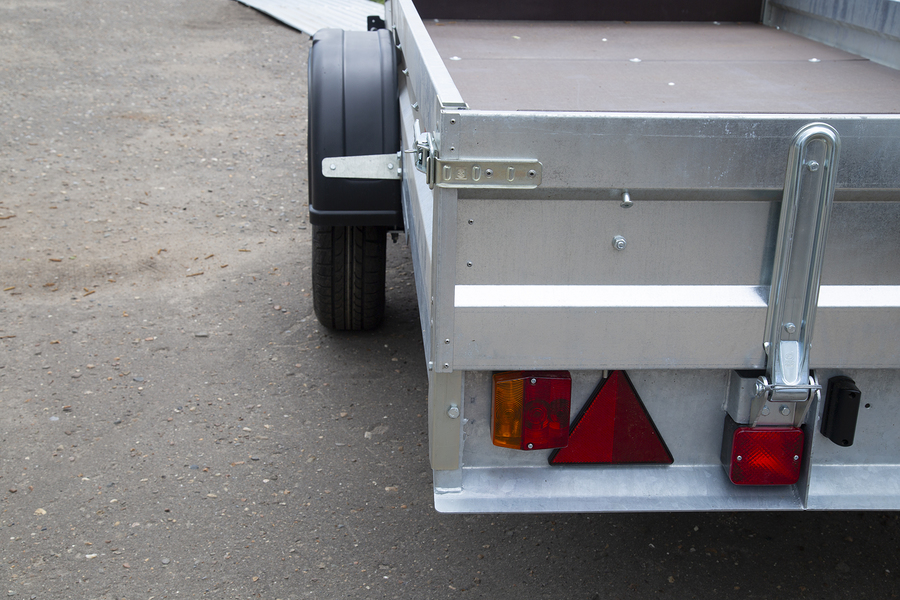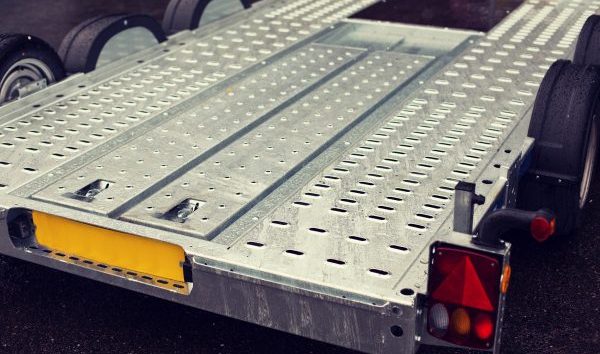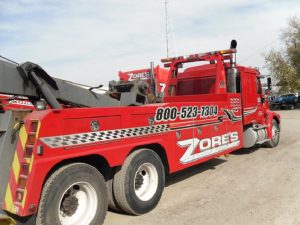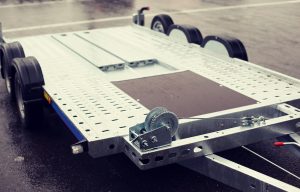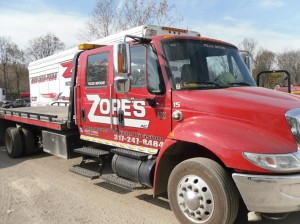Towing is a service of utility and an adventure facilitator, bridging the gap between necessities and leisure. Whether you’re a seasoned traveler, an RVer, or simply someone who occasionally needs to haul a load, understanding the interplay between vehicles and towing capacity is paramount. Towing is not a one-size-fits-all endeavor – it encompasses a world of vehicle types, each with its own towing nuances.
In this comprehensive guide, we’ll walk through the key considerations for choosing a vehicle suitable for towing, explain towing capacities, dissect the fine art of towing accessories, and arm you with the knowledge to ensure you’re always towing safely and efficiently.
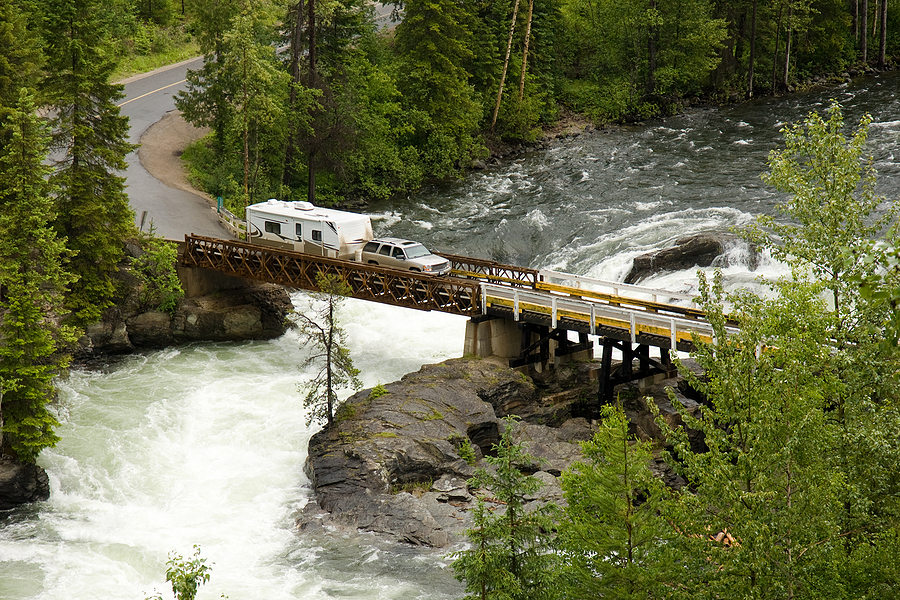
Why Towing Capacity is Crucial
Before we explore the vehicles themselves, it’s important to underscore why understanding towing compatibility is not just an added feature but a critical aspect of vehicle ownership. In the world of towing, what you’re pulling – be it a lightweight trailer, a massive fifth-wheel RV, or your neighbor’s broken-down car – directly impacts the vehicle’s performance, safety, and even legal standing.
A vehicle not designed for towing can be prone to mechanical stress, less responsive on the road, and potentially risky. Conversely, a well-matched towing machine means peace of mind on the highway and the freedom to take your lifestyle with you wherever you go.
Trucks for Towing
When it comes to raw towing power, trucks are at the forefront. From mid-sized pickups to heavy-duty monsters, trucks offer the payload capacity and torque required for serious towing duties. Four-wheel drives, diesel engines, and integrated towing packages make many trucks formidable towers.
Light-Duty Pickups
For smaller jobs like moving a couple of ATVs or towing a small boat, a light-duty pickup with a V6 engine and a mid-range towing package can do the trick. These trucks often boast towing capacities in the 5,000-7,000 pound range, making them the go-to for many casual tower needs.
Heavy-Duty and Super Duty Trucks
When the weight starts climbing or you need to tow over long distances, it’s time to turn to the heavy hitters. Super Duty and heavy-duty trucks can haul weights that are often limited not by the truck, but by the mandatory use of commercial-grade licenses and road regulations.
Towing Capacity Ratings for SUVs and Vans
SUVs and vans occupy the middle ground between the sheer force of a truck and the nimbleness of a commuter car. With the rise in popularity of SUVs and crossovers, many manufacturers have tailored their designs to offer respectable towing capabilities, meeting the needs of smaller travel trailers and horse trailers alike.
Full-Size and Crossover SUVs
Full-size SUVs and the sportier crossovers have become a favorite for families and adventurists due to their spacious interiors and the ability to hitch a load with relative ease. Towing packages on these vehicles often include enhancements to the cooling and electrical systems, ensuring the vehicle stays in peak performance even under load.
Passenger and Cargo Vans
Vans have towing in their DNA, with models such as the Mercedes-Benz Sprinter and Ford Transit being adopted by professional tow services and DIY movers alike. These vehicles offer the power of a truck with greater storage capacity and a lower load floor, catering to a broader range of towing needs.
The Science Behind Towing Capacity
Towing capacity is more than just a number – it’s a reflection of a vehicle’s engineering and intended use. Several factors contribute to a vehicle’s towing capacity and understanding them can guide you when selecting the right vehicle for your specific towing needs.
Weight Ratings
Gross vehicle weight, gross combined weight, tongue weight – these terms may sound technical, but they are crucial in maintaining safe towing practices. Familiarize yourself with the terminology and ensure you never exceed the manufacturer’s stated limits for each.
Engine Power and Torque
A vehicle’s engine is the beating heart of towing, and a more powerful engine usually translates to higher towing capabilities. Look for vehicles with tow-specific engines or torquey powertrains that can handle the extra weight without breaking a sweat.
Transmission and Axle Ratios
Vehicles designed for towing often come equipped with gear ratios optimized for pulling, rather than speed. This can significantly impact the vehicle’s towing capacity and efficiency, providing the necessary torque multiplication to move heavy loads with ease.
Braking Systems
Towing doesn’t just test the engine – it’s a challenge for the entire vehicle, including the brakes. Many vehicles with towing capabilities come with specialized brake systems, and in the case of larger loads, supplementary brakes for the trailer itself may be necessary.
Accessories That Can Boost Towing Capabilities
Sometimes, the vehicle’s innate towing capabilities aren’t quite enough, or the addition of a specific accessory can make the towing experience exponentially better. Here, we’ll look at the main enhancements that can be made to boost your vehicle’s capacity and, just as importantly, your peace of mind.
Towing Hitches and Couplers
Hitches are the literal backbone of the towing operation and are designed to attach the trailer to your vehicle securely. Ensure you select the right class hitch for your vehicle, which is determined by the weight it can safely support.
Towing Mirrors
A clear line of sight is essential when towing, especially in heavy traffic or when reversing. Towing mirrors can extend your view, showcasing the full width of your trailer and alerting you to any potential dangers or obstructions.
Brake Controllers
For trailers with brakes, a brake controller is essential. It syncs the trailer’s braking system with the vehicle’s, distributing the stopping power effectively and reducing wear on the towing vehicle’s brakes.
Suspension Upgrades
Towing adds significant weight to the rear of the vehicle, which can cause sagging and affect handling. Suspension upgrades can level the vehicle and improve stability, especially when cruising at highway speeds.
Engine and Transmission Modifications
For those who need to tow at the extreme ends of the spectrum, engine tune-ups and potential transmission modifications can provide the extra power and control necessary. However, these are specialized modifications best handled by professionals in the field.
Choosing the Right Vehicle for Your Towing Needs
Selecting a vehicle for towing is a balancing act of power, utility, and personal preferences. Before making a purchase, consider these questions:
- What specifically are you planning to tow?
- How often will you be towing?
- Will you need to venture off-road or through challenging terrains?
- Do you prioritize fuel economy over towing capacity?
By answering these, you can focus on vehicles that match your towing lifestyle and find a compatible partner for your towing adventures.
In Closing
Towing can transform the way we travel, work, and play, offering us the freedom to bring our world along for the ride. Selecting the right vehicle for towing is an investment in that freedom, ensuring you can tow not just safely, but with the confidence to tackle whatever lay on the road ahead. Whether you’re a weekend warrior or a professional hauler, the bond between vehicle and towed is one to be respected and understood, with the right vehicle being the linchpin of that trust.
This guide is only the beginning of your towing machine knowledge. We encourage you to continue your exploration, speaking with experts, and, if possible, getting hands-on experience with different vehicle types and towing scenarios. Knowledge in this realm not only enhances your daily choices in transportation but also opens the door to a host of travel and hauling experiences that can enrich your life in more ways than one.
For those seeking immediate professional towing service, don’t hesitate to reach out. Contact Zore’s Towing for 24 hour roadside assistance and tow truck service in Indianapolis and its surrounding counties. We provide towing, recovery, equipment transport, car lockout service, flat tire service, jump starts, refueling, and more!
Related Posts:
The Essential Guide to Safely Transporting Heavy Equipment
The Importance of Using a Hitch Lock For Your Trailer
10 Essential Items You Need to Tow a Trailer Safely

